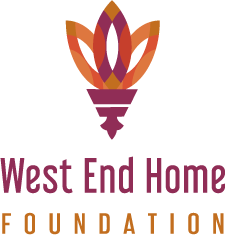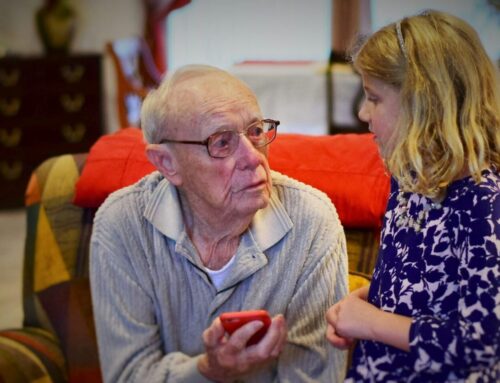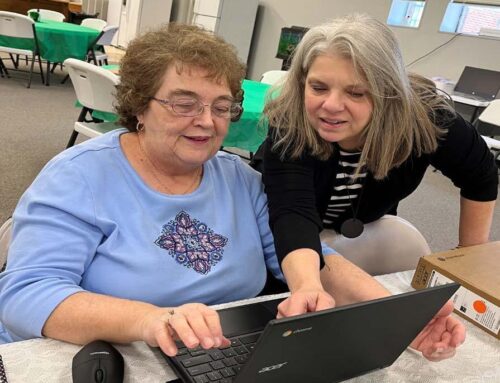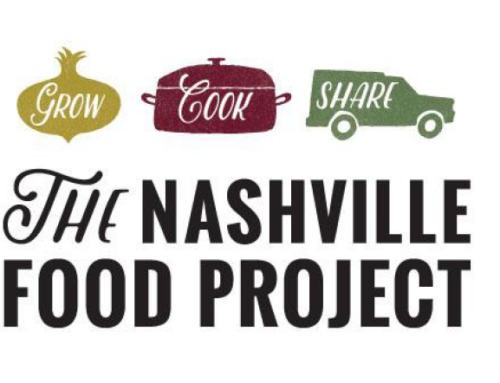The Nashville Public Library’s (NPL) Digital Literacy Initiative, which was launched in recent years, is designed to help Nashvillians gain access to online information, entertainment and crucial community services. In 2017, NPL added the Digital Inclusion for Seniors program to teach older adults the skills needed to navigate the online world. The West End Home Foundation helps sponsor this digital-literacy initiative for older adults.
That decision proved to be prescient when the Covid-19 pandemic forced many individuals, both old and young, to stay home throughout much of 2020 and early 2021 as schools, businesses, workplaces and recreational facilities closed their doors. Older adults who face extreme health risks from the contagious virus have been forced to limit their real world activities and turn to the online realm for important services and social interactions.
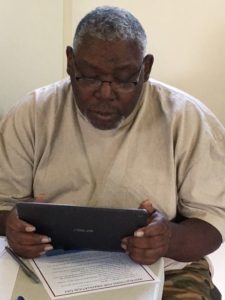 It is this same group of older adults who need the most online assistance. A 2019 PEW research report found that more than 25 percent of adults age 65 and older say they never use the internet. Household income is a leading indicator of the seniors who are not online or digitally proficient, with the lowest income groups having the least access to online services.
It is this same group of older adults who need the most online assistance. A 2019 PEW research report found that more than 25 percent of adults age 65 and older say they never use the internet. Household income is a leading indicator of the seniors who are not online or digitally proficient, with the lowest income groups having the least access to online services.
Marian Christmon, who has been with Nashville Public Library for 24 years, is Manager of the Digital Inclusion Initiative. This digital initiative was one of the programs cited in NPL’s Library of the Year award from Library Journal.
“Seniors have been so receptive to these programs that for the last four years we have focused almost exclusively on older adults,” she said.
Since its inception, the Digital Inclusion Initiative has served 1,500 to 2,000 seniors annually.
Christmon said she and her two staff members are part of the Baby Boom generation and have much in common with those in their classes for older adults. She believes this shared generational background makes it easier for older students to feel comfortable asking questions about technology.
“We understand what it is like learning to use digital technology as an adult,” she said.
Prior to the pandemic, Christmon and her staff taught a series of in-person classes known as the Senior Tech Academy tailored for groups of older adult learners with step-by-step instructions and hands-on activities designed to build skills over time.
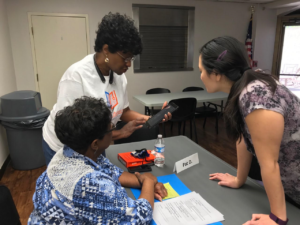 All of the Digital Inclusion programs have been provided in the community through partnerships with more than 30 organizations, including FiftyForward, the Metropolitan Development and Housing Agency (MDHA), Metro Parks, Conexion Americas, Matthew Walker Comprehensive Health Center, National Council on Aging, and various senior living communities and church-based facilities.
All of the Digital Inclusion programs have been provided in the community through partnerships with more than 30 organizations, including FiftyForward, the Metropolitan Development and Housing Agency (MDHA), Metro Parks, Conexion Americas, Matthew Walker Comprehensive Health Center, National Council on Aging, and various senior living communities and church-based facilities.
Other members of the community have served as volunteers to help seniors learn to adapt to new technologies. The Digital Inclusion program partners with Hands on Nashville to provide volunteer classroom helpers who ensure every senior gets individual attention. Partnering with Cyber-Seniors, an international program, NPL created an intergenerational program that pairs teen mentors with older adults to not only help close the digital divide for seniors, but also to bridge the generational gap.
However, all of these in-person classes had to be suspended with the advent of the Covid-19 closures. So NPL’s Digital Inclusion Initiative staff launched remote training classes for older adults. Partners like Comcast and Google Fiber have donated laptops and tablets to the program to help seniors without devices to access NPL’s remote classes.
“We help these individuals learn how to get onto Zoom and then we walk them through our virtual classes,” Christmon explained.
In addition, they have recorded “how to” videos for seniors who previously attended their programs, providing them with additional opportunities to learn and enhance their skills.
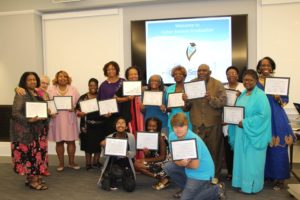 The need for such digital classes became even more evident early in the pandemic when the number of telehealth visits started to soar as healthcare providers and their patients used this safe remote technology to provide and access healthcare.
The need for such digital classes became even more evident early in the pandemic when the number of telehealth visits started to soar as healthcare providers and their patients used this safe remote technology to provide and access healthcare.
“We help our students access the telehealth portals used by doctors and major healthcare systems,” said Christmon. “We already have a partnership with Vanderbilt University Medical Center and we’re hoping to partner with other major healthcare groups to help their older patients use these telehealth systems.”
The next Covid-induced online challenge for older adults is the ability to sign up for the newly-available vaccines. Many county health departments, hospitals and clinics have developed their own appointment scheduling systems, creating a confusing labyrinth which can be difficult to navigate, especially for those who have no internet access and little or no digital skills. This gulf between the digital haves and have-nots in society can have life-altering consequences and it is one of the many reasons NPL is striving to improve digital access for everyone in the community.
For information and tips for new computer users, visit: http://library.nashville.org/new-computer-users. To volunteer as an online instructor or mentor for Digital Inclusion Initiative programs, register with Hands on Nashville at www.hon.org.
